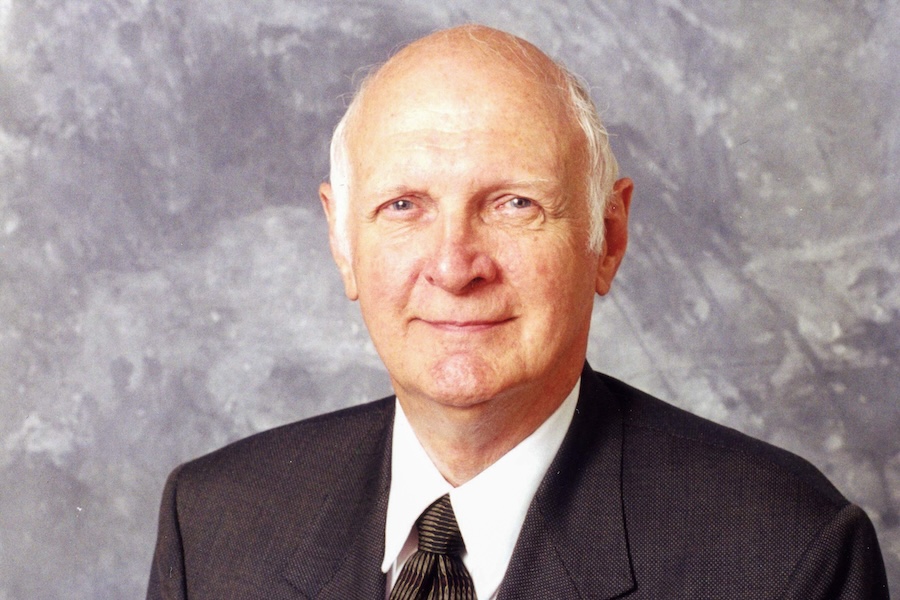How to lead worship services following biblical priorities

Editor’s note: This article originally appeared in the Spring 2024 issue of Southwestern News.
In corporate worship, what purposes should we prioritize? Without an answer to this question, local church worship issues will be difficult to address. I’d like to suggest five biblical priorities for corporate worship that every pastor and worship leader should consider.
Proclaiming the Gospel
In the New Testament, we find John the Baptist (Luke 3:3), Jesus (Luke 24:47), and the apostles (Acts 10:42) all prioritizing proclamation. The Book of Acts ends with Paul “proclaiming the kingdom of God and teaching about the Lord Jesus Christ with all boldness and without hindrance” (28:31). As we call the church to join in gathered worship, we have the opportunity to proclaim the truth of the Gospel.
Adoring Christ
Gathered worship allows us to express our love for Jesus. This is our adoration. Throughout the Bible, in a range of words and actions, we find adoration. Just read the Psalms! Adoration is what the author of Hebrews is talking about when he instructs believers to “continually offer up a sacrifice of praise to God” (Heb. 13:15).
Participating together
While Christians can respond to God privately, their worship is not complete without participation in corporate worship. Christians need to hear God’s Word together (1 Tim. 4:13), pray together (Matt. 6:9), and sing together (Eph. 5:19). As we see in 1 Corinthians 10:16, the Lord’s Supper is even a participation in the body and blood of Christ. The church is called to worship Jesus together.
Building up one another
As emphasized in Ephesians 4, spiritual gifts given to individuals are used for the benefit of the whole (vv. 11–12). Specifically, this includes strengthening “the unity of the faith” (v. 13), increasing “the knowledge of the Son of God” (v. 13), and growing in maturity in Christ (v. 15). Thus, proclaiming, adoring, and participating build up the church.
Anticipating eternal worship
Currently, we have the privilege of joining with the believers that make up our local congregations. These believers represent just a small number of Christians worshiping the Triune God. But, as we participate in local worship, we anticipate the worship to come, where the worshipers include “a great multitude that no one could number, from all tribes and peoples and languages” (Rev. 7:9).
Aren’t these worthy goals for our corporate worship? How can you focus your church’s worship services on these biblical priorities?
Joshua A. Waggener is professor of church music and worship at Southwestern Seminary.



